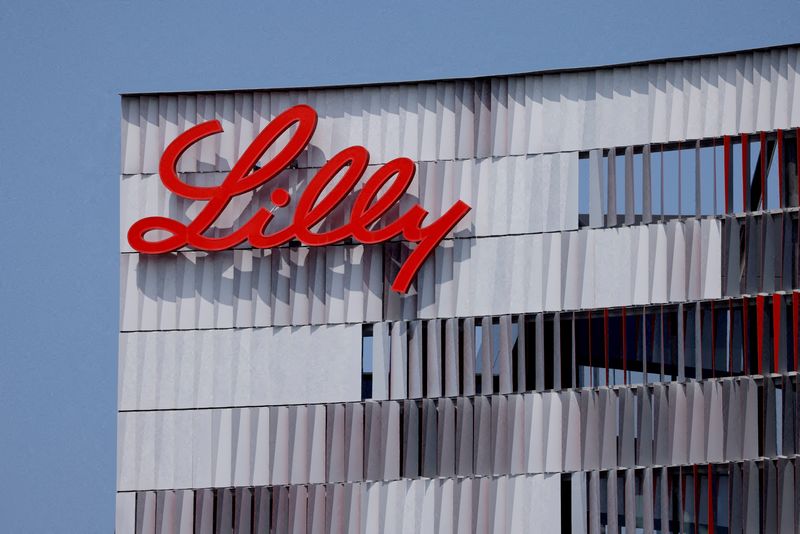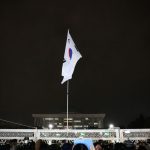(Reuters) – China’s medical regulator has approved Eli Lilly (NYSE:LLY)’s treatment for early Alzheimer’s, providing patients with another option after Eisai and Biogen (NASDAQ:BIIB)’s Leqembi received approval in January, the company said late on Tuesday.
China is the fourth major market in which the treatment, sold under the brand name Kisunla, has received approval after the United States, Japan and the UK, Lilly said in a statement.
Like Leqembi, Lilly’s Kisunla is designed to clear an Alzheimer’s-related protein called beta-amyloid from the brain.
In a large, late-stage trial, Kisunla slowed the progression of memory and thinking problems by 29% compared with a placebo. It also caused brain swelling in nearly a quarter of patients and brain bleeding in nearly a third, but most cases were mild.
Kisunla is sold with the FDA’s strongest “boxed” safety warning on its prescribing label in the U.S., flagging the risk of potentially dangerous brain swelling and bleeding, similar to Leqembi.
However, starting on a more gradual dosing schedule of Kisunla cut the percentage of patients experiencing potentially serious brain swelling, the company said.
Additionally, unlike Leqembi, Kisunla has finite dosing, which allows patients to stop taking the treatment once brain scans no longer show amyloid plaques.
The treatment is currently under review by the European Union’s drugs regulator. The body in July rejected Leqembi, saying the risk of serious brain swelling did not outweigh its small impact on slowing cognitive decline.
Alzheimer’s is the most common cause of dementia and accounts for about 60%-70% of the cases, according to the World Health Organization.



